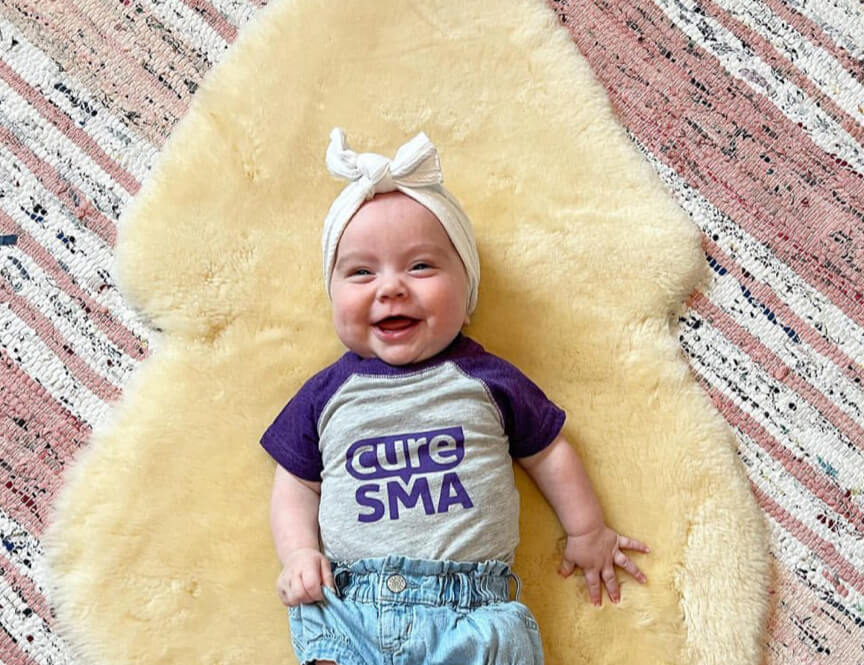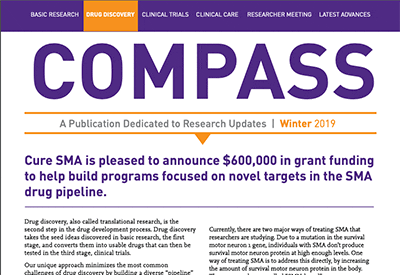The below guest blog post was written by Jaclyn Greenwood in honor of National Disability Employment Awareness Month. Jaclyn is a board certified genetic counselor who also lives with SMA type 2.
My name is Jaclyn Greenwood and I have SMA type 2. I am fortunate to have a career and job I enjoy. I earned my master’s degree in genetic counseling in 2012 and I am a board certified genetic counselor.
Growing up my parents always stressed the importance of education; to use my mind as a strength. I wanted to earn an education and use it to my advantage to help set me apart from others in the job market, and as a way for people to see past my disability. Starting early in my undergrad days, I had a pretty singular focus for my career path. I knew I wanted to work with others to help them better understand their genetics. I may have been a little (or a lot) influenced by my desire to understand my own genetics.
As I learned more about genetic counseling and gained internship experience, I became confident that it was something I could do physically and passionately. Also, by choosing a growing field, I knew there would be job opportunities. As a student in grad school I did a series of rotations in different specialties. Shortly after I completed my masters there was an opening at one of my previous rotation sites, and in my hometown. They were aware of my abilities and wanted me to be a part of their team. Ever since then I have been working there as a prenatal screening coordinator for the California Department of Public Health.
I work full time, Monday through Friday. I drive to work everyday using a modified van with a joystick controlled steering, gas, and brake system. Before taking on full time employment I had many concerns. Could I physically work full time, or would the long days be too fatiguing? What would happen to my state benefits? Would my employer understand my physical limitations and work with me to make accommodations? Could I keep up with the fast past work flow? However, I knew others in the SMA community that had successful careers and their example motivated me to push forward.

It took a little while for my body to get used to the new routine, but I adapted. Although a full work day is a bit fatiguing, I wouldn’t change it. A majority of my job is performed using the computer or talking on the telephone, things I’m able to do independently with little adaptations. I’ve requested a few accommodations to make my work environment more SMA friendly, including changing my desk height, phone headset, adjusting the height of the fax and printer machines so I could reach them easier, purchasing easy accessible desk organizers, and an electric stapler and hole punch. I’m fortunate to still qualify for PCA hours through my state with their disability work incentive programs.
The contribution people with disabilities can make in the workplace is routinely underestimate. But earning and advocating for the opportunity to show our value in the workplace is so important and worth the effort. For me, my career gives me a sense of accomplishment and a feeling of independence. The importance of this is immeasurable.
Thank you to Jaclyn for sharing her experience and perspectives in navigating higher education and her career path!



